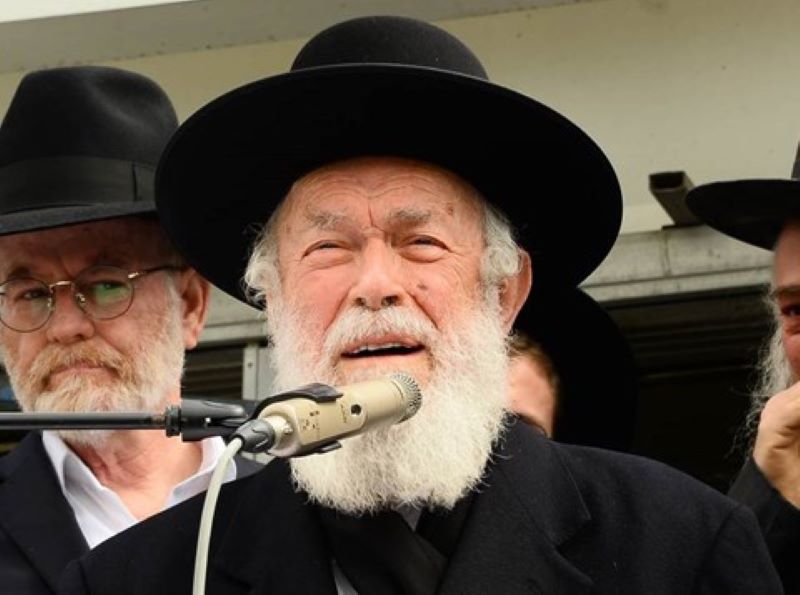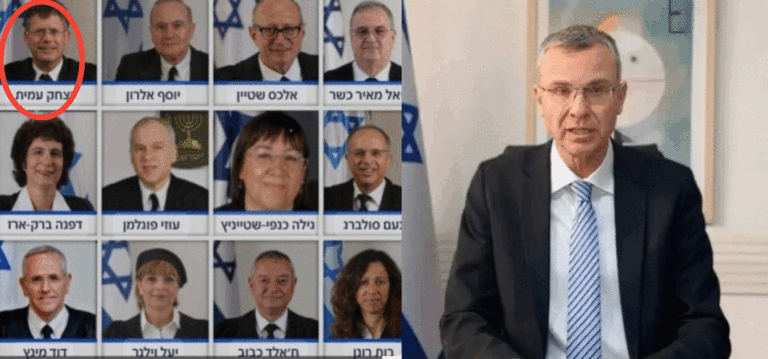A moment before the faction meetings on the vote on the Nationality Law, MK Yisrael Eichler sent a letter to his colleagues in the Knesset, in which he again expresses his opposition to the law and calls on the chareidi MKs to consult with Gedolei Hador before the vote.
In his letter he writes, “Honorable MKs of Yahadut Hatorah and Shas,” Eichler begins his letter, “prior to the meetings of the faction, and before deciding on the nature of the vote in the Nationality Law, I would like to bring to you the inherent trap contained in this dangerous law,” he said.
“The very existence of a Basic Law that transfers religious and state struggles from the Knesset to the High Court of Justice constitutes a terrible danger to the chareidi tzibur,” Eichler says in his letter.
“Those who vote in favor of the law lend their hand to the Law of Human Dignity & Liberty 2, will bear responsibility for the results for decades, and we must remember that the chareidi tzibur has representation in the Knesset and in the municipalities, but doesn’t have representation in the judicial system which will deal with the interpretation of the High Court” he said.
At the end of the letter, Eichler asks his colleagues: “I ask you to consult the Gedolim before voting on the law and not take upon yourselves the historical responsibility for the hidden obstacles in the Nationality Law.”
Meanwhile, MK Uri Maklev, a member of the National Law Committee, demanded the inclusion of secondary legislation in Section 10 of the law, which deals with the Shabbos, according to which Shabbos will not be tolerated.”
For now, it appears the chareidi parties are attempting to walk between the raindrops regarding the vote on the Nationality Bill. One the one hand, there is pressure from Likud and the party leader, PM Netanyahu, to support the bill. On the other hands, the chareidi parties are interested in continuing their working relationship with the Arab parties.
At present, chareidi lawmakers are requested not to oppose the bill, which was amended to remove objectionable portions. The Degel Hatorah magazine hints that chareidi representatives are opposed to the essence of the law, but are also cognizant that at present, changes were made to remove the most problematic sections.
Among other things, Section 6 of the draft law, which MK Uri Maklev quotes it as saying, “the state will act in the Diaspora to preserve the connection between the state and the people,” a formulation that parallels the recognition of the Reformists, and argues that the document presented by the Reformists has no meaning and is a declarative process only.
(YWN Israel Desk – Jerusalem)











